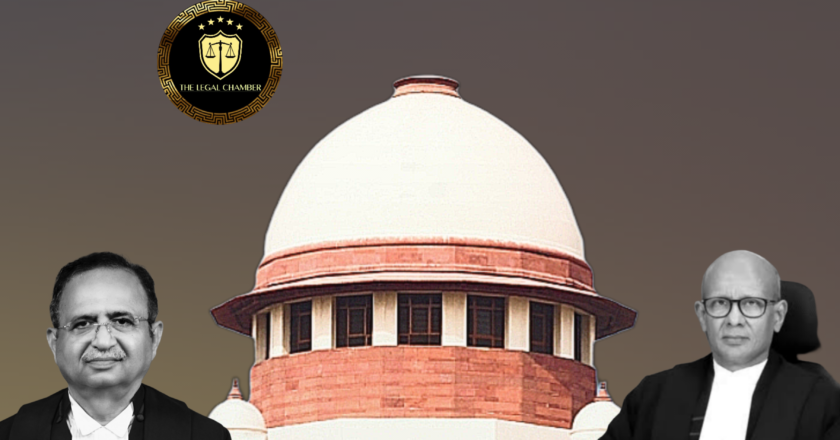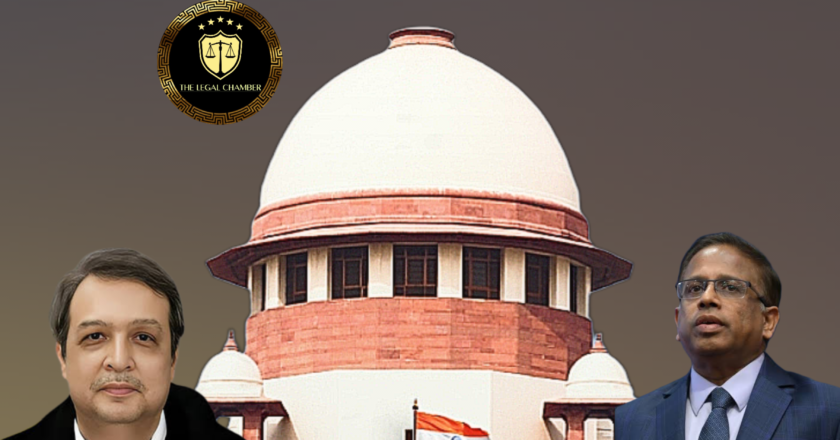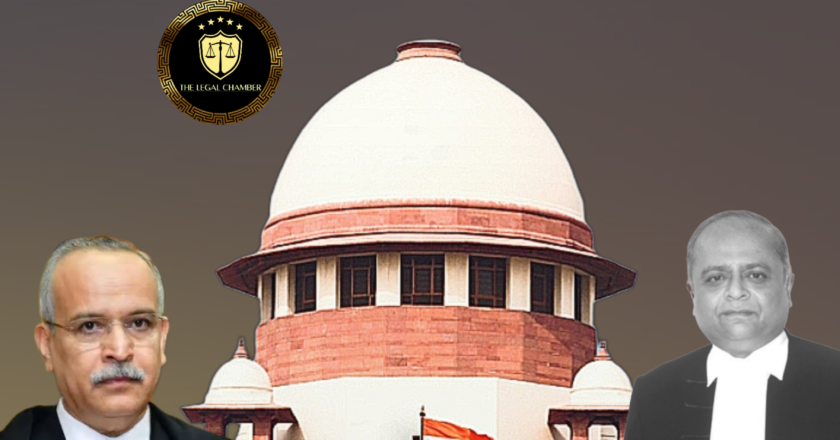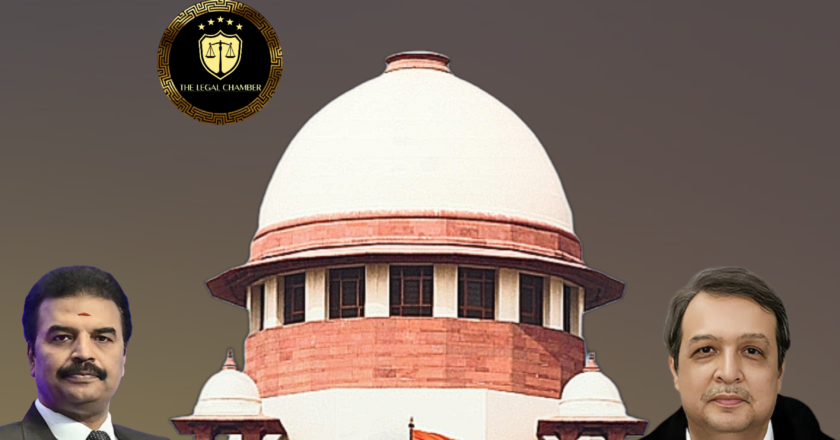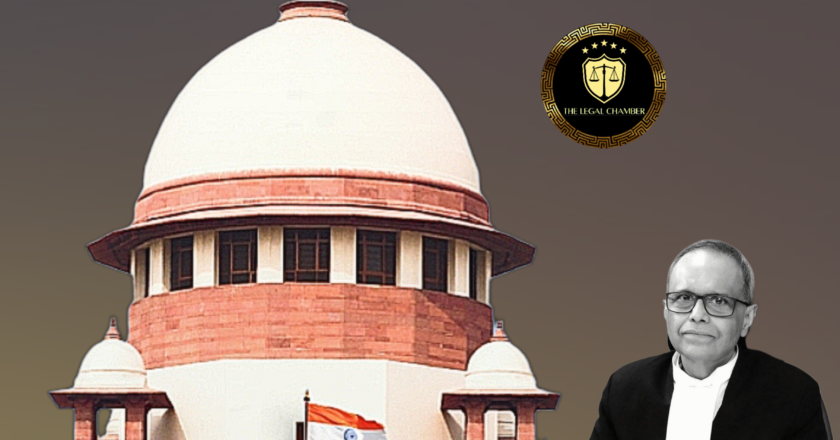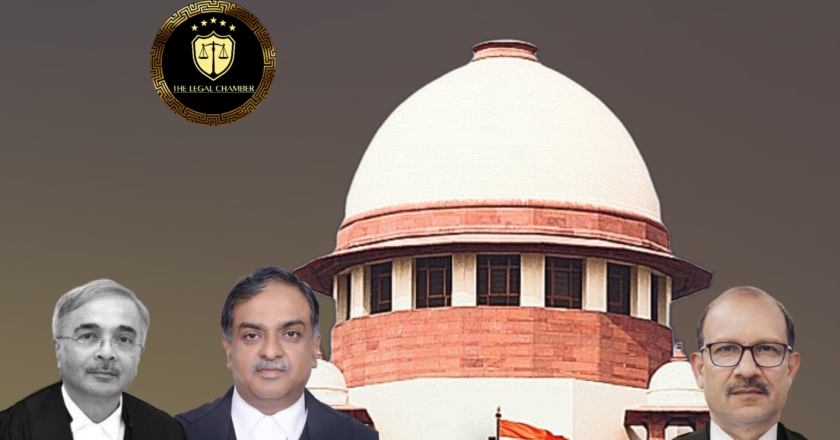Supreme Court Explains: How Legal Representatives Must Be Heard Before Estate Is Attached
The Supreme Court held that the Arbitration Act is a self-contained code, limiting judicial interference. Letters Patent Appeals against execution orders under the Act are not maintainable. It mandated the issuance of notice under Order XXI, Rule 22 of the CPC to legal representatives as a jurisdictional prerequisite before proceeding against a deceased judgment debtor's estate.
Facts Of The Case:
The dispute originated from an arbitral award dated 12.07.2010, passed in favour of the appellant, Bharat Kantilal Dalal, against his late father concerning family assets. After the father's death, the appellant sought to execute the award against his uncle (the father's brother), who was the sole beneficiary and executor under the father's Will. The uncle, along with other respondents, res...
